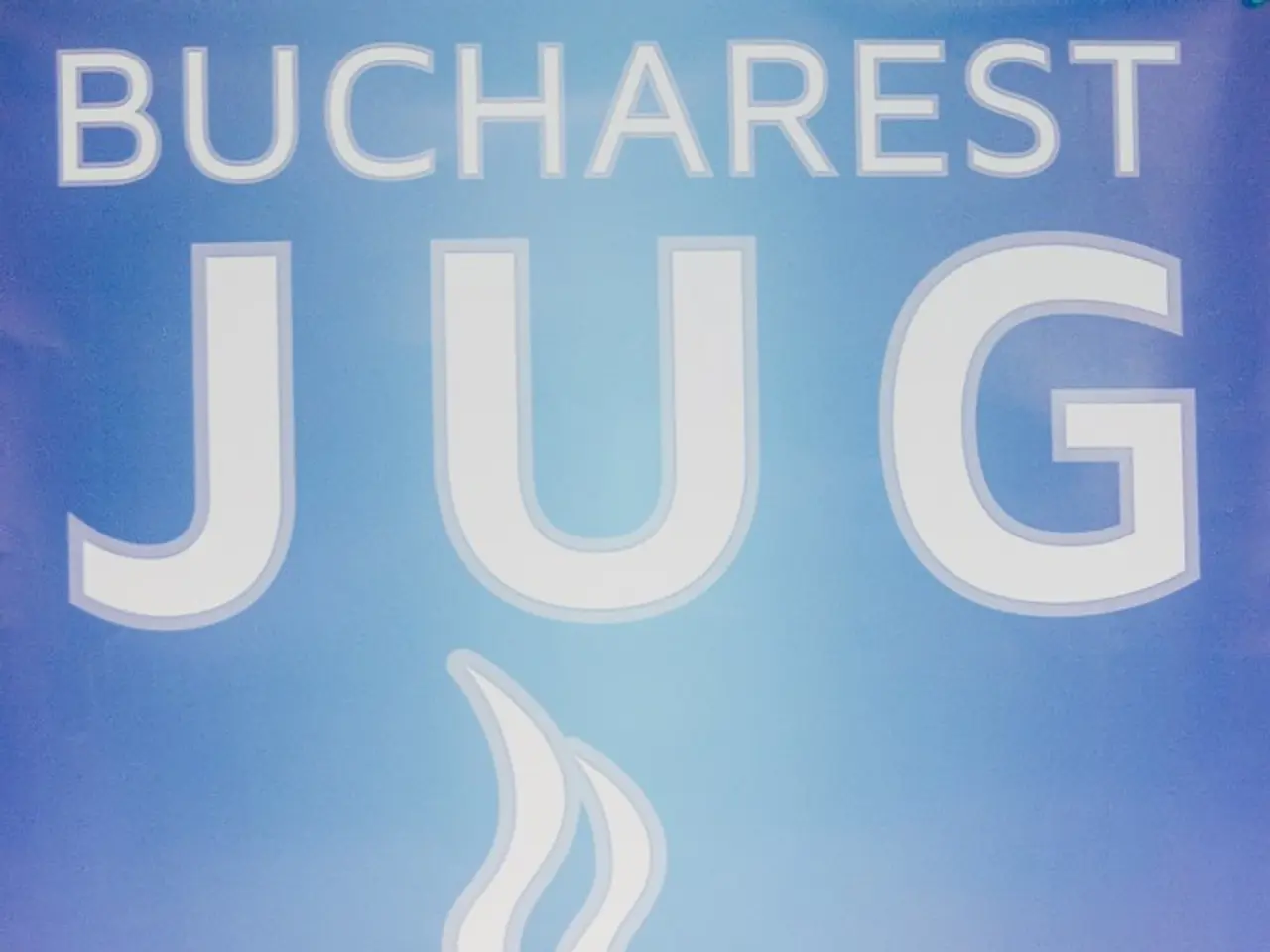VivoPower to Acquire $100 Million Worth of Ripple Shares, Augmenting XRP Reserves
In the dynamic world of cryptocurrency, understanding the differences between various digital assets is crucial. Here's a breakdown of some of the most prominent cryptocurrencies, as typically covered on platforms like Bitnewsbot Next Gen Crypto Blog.
Bitcoin (BTC), often referred to as "digital gold", dominates news and industry coverage due to its role as the original cryptocurrency. With a market capitalization around $2.34 trillion and a price of approximately $117,464.90 (as of mid-2025), Bitcoin is the largest digital asset by market cap. Guides frequently emphasize its use case as a decentralized currency and investment asset, with reviews highlighting its slower transaction speed and relatively low throughput but strong security and widespread adoption.
Ethereum (ETH), known for its smart contract platform, comes in second place in terms of market cap (~$453 billion) and price (~$3,756). Ethereum is widely covered for its role in enabling DeFi and NFTs. Industry reports focus on Ethereum’s innovation in programmable finance and evolving scalability solutions. Reviews discuss its higher transaction fees (around $2.28 median fee) and issues with congestion compared to Bitcoin.
Ripple (XRP), known for its cross-border payment solutions and trustless currency transfers, has a market cap of about $182 billion and a price of roughly $3.07. Coverage tends to emphasize regulatory and legal developments due to ongoing litigation, along with its utility for banks and payment providers.
Litecoin (LTC), often depicted as a faster, lower-fee alternative to Bitcoin, uses a different hashing algorithm (scrypt) and was launched in 2011. Industry reports and guides highlight Litecoin’s role as a testing ground for Bitcoin improvements and its appeal for quicker transactions.
Cardano (ADA), frequently described for its scientific approach and focus on proof-of-stake consensus to improve scalability and sustainability, is considered a smart contract platform competitor to Ethereum. Cardano tends to have lower media hype compared to Ethereum and Bitcoin but is gaining attention for its security and formal methods.
Monero (XMR) is known primarily for its privacy and anonymity features. Monero receives specialized coverage relating to privacy coins and regulatory scrutiny. Guides explain its confidentiality features, and industry reports may discuss its use for privacy-focused transactions in contrast with more transparent coins.
Bitcoin Cash (BCH), a fork of Bitcoin designed to offer higher transaction capacity and faster processing, typically receives news and reviews that focus on its trade-offs between decentralization and scalability, targeting more transactional uses compared to Bitcoin’s store-of-value narrative.
Regarding price charts, reviews, and opinions on such blogs, Bitcoin and Ethereum dominate with the most frequent updates, detailed price analysis, and broad user opinions reflecting wide adoption and institutional interest. Ripple, Litecoin, Cardano, Monero, and Bitcoin Cash feature with less frequent but targeted reporting emphasizing their unique technical aspects and niche communities. Reviews and guides vary in depth, often tailored to the coin's utility and complexity—e.g., Ethereum’s smart contracts versus Monero’s privacy features. Industry reports tend to highlight adoption trends, regulatory changes, and technological developments specific to each coin's ecosystem.
For more information, visit Bitnewsbot Next Gen Crypto Blog, where you'll find a calculator, news categories like Guides, Glossary, Community, Reviews, Opinion, Press Releases, and Industry Reports. You can also follow the platform on various social media platforms like Facebook, Twitter, Instagram, Linkedin, Reddit, and GETTR. The website participates in marketing programs, but its content is not influenced by any commissions.
- In the dynamic world of cryptocurrency, Bitcoin (BTC) and Ethereum (ETH) are frequently covered due to their dominance and significant roles in the industry, with Bitcoin being though of as "digital gold" and Ethereum known for its smart contract platform that enabled DeFi and NFTs.
- Regarding less frequent but targeted reporting, Ripple (XRP), Litecoin (LTC), Cardano (ADA), Monero (XMR), and Bitcoin Cash (BCH) each receive attention for their unique technical aspects and niche communities, with Ripple focusing on cross-border payment solutions, Litecoin acting as a faster, lower-fee alternative to Bitcoin, Cardano emphasizing proof-of-stake consensus for scalability and sustainability, Monero highlighting privacy and anonymity features, and Bitcoin Cash offering trade-offs between decentralization and scalability.




